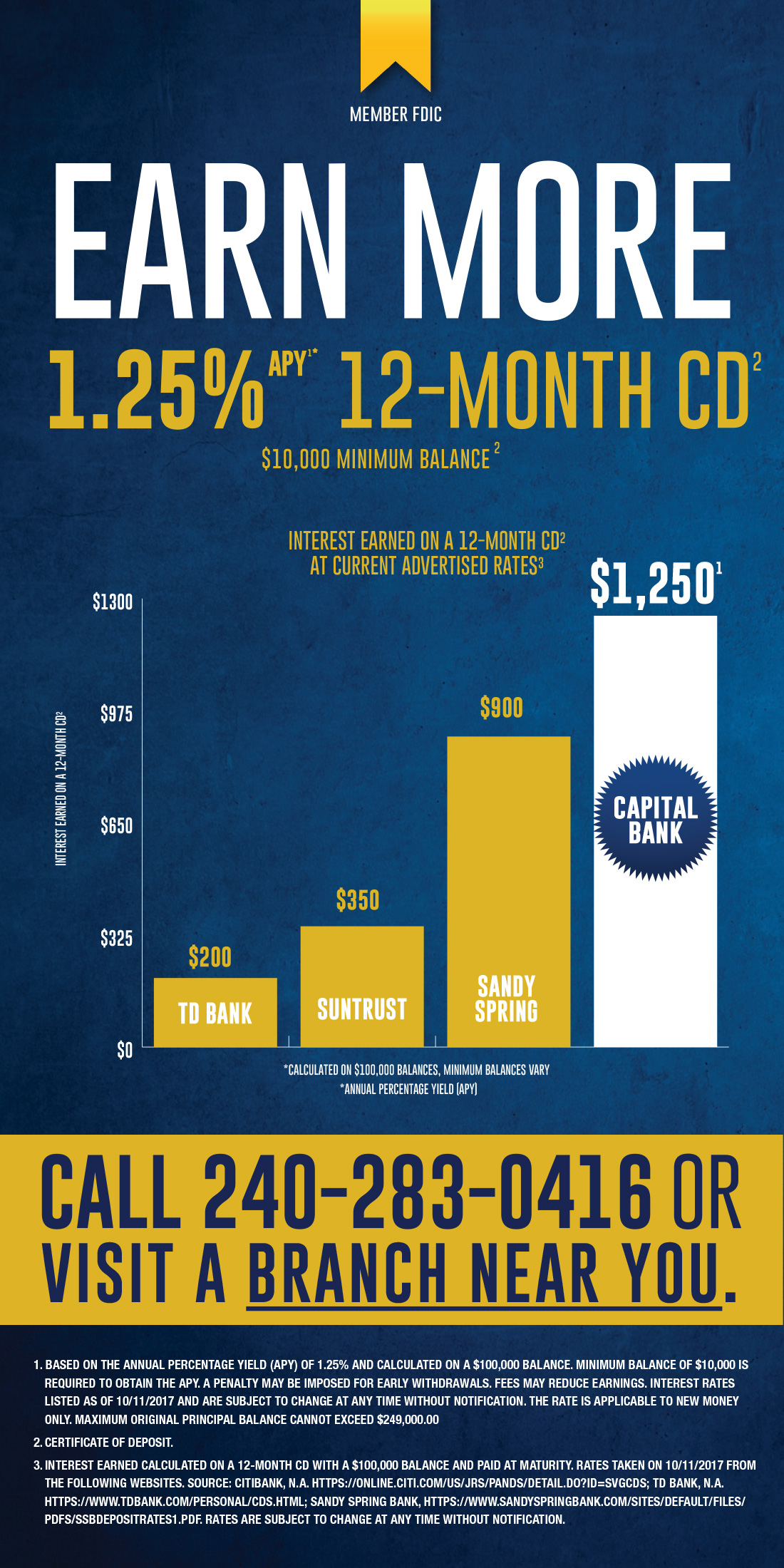
Understanding the Critical Role of a Business Plan
Post Date: 1/23/2024
In the dynamic and often unpredictable world of business, having a roadmap is not just useful—it’s essential. This is where a business plan comes into play. It serves as a strategic guide, a blueprint for decision-making, and a vital tool for growing your business.
Let’s first explore reasons why a business plan is crucial for your business:
Direction and Clarity: A business plan provides direction, helping you to define your business objectives and strategies. It clarifies your business idea, its viability, and how it intends to achieve its goals.
Resource Management: It helps in efficient resource allocation. Knowing where to invest time, money, and human resources makes your operations more effective.
Risk Mitigation: A business plan identifies potential risks and outlines strategies to mitigate them. This proactive approach can save time and resources in the long run.
Obtain Financing or to Attract Investors: If you are planning on having people invest in your business, they need to know that your business has a clear plan for growth and profitability. Additionally, most growing businesses at some point do require some type of financing. A well-crafted business plan can make the difference in securing a loan for your business to expand.
Performance Measurement: It serves as a baseline against which you can measure your business’s performance, helping you stay on track or pivot when necessary.
Key Components of a Business Plan
Executive Summary: A snapshot of your business plan, highlighting the key points.
Business Description: Details about your business, the market needs it addresses, and its unique selling propositions.
Market Analysis: In-depth understanding of your industry, market trends, target audience, and competition.
Organization and Management: Your business’s organizational structure, details about the ownership, and profiles of the management team.
Products or Services: Description of your products or services and how they benefit your customers.
Marketing and Sales Strategy: How you plan to attract and retain customers and your sales approach.
Funding Request: If seeking funding, specifics of your requirements, and how you plan to use the funds.
Financial Projections: Detailed forecasts of income, cash flow, and balance sheet. It’s important to illustrate your business’s financial health and growth potential.
Appendix: Any additional information like resumes, permits, or legal documentation.
Developing a business plan might seem like a daunting task, but its importance cannot be overstated. It’s not just a document but a strategic tool that can pave the path to success. Remember, a business plan is not static; it should evolve as your business grows and adapts to new challenges and opportunities.
If you need a little help getting started, you can visit the SBA’s website by clicking here. The SBA offers templates that make sense for your business as well as sample plans.



